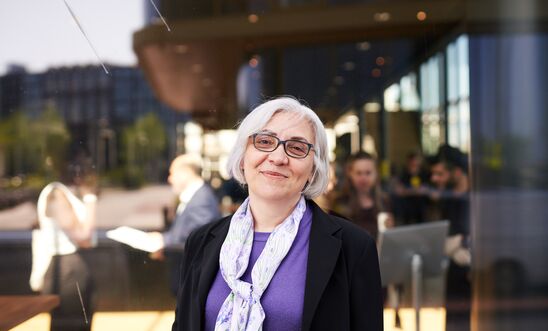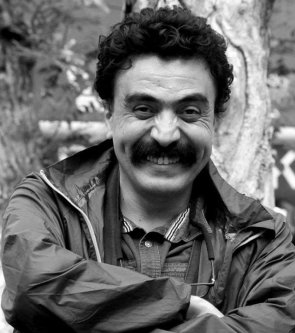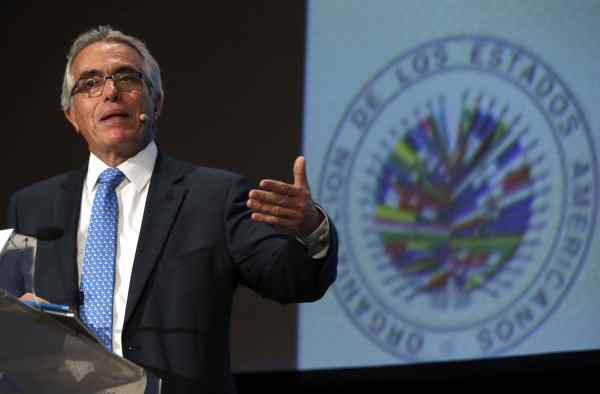She referred to the courts as the conflict zones and lawyers being people who resolve conflicts.
Quoting Atticus Finch, Jaising stated that the courts are to be great levelers where all men must be treated equally, but alas, this is ideal, but not necessarily the situation. Bias, blind prejudice, and lack of access to legal services have created huge gaps between people, making them less equal from one another. People come to the courts for all sorts of reasons. But the largest litigant in the court of law is the State, being respondent in a plethora of cases relating to fundamental rights violations and enjoying the monopoly for prosecuting crimes, among other things. While the state has the privilege to prosecute crimes, several individuals find themselves arrayed as accused persons in these cases, warranting the help of legal representation to prevent being stripped off of their right to life and liberty. The fight of an individual against the might of the state is unequal in criminal cases, making the system intrinsically unequal and discriminatory. Not every individual has the resources to hire a lawyer who could represent their case to the best of their capabilities. It is during such times that lawyers must come to the rescue of the unfortunate and underprivileged, to help restore balance in the system.
Jaising traced back the history of the evolution of the legal profession, stating that India got it from the British and emphasised how important it is to study the history of courts to understand how and why they function the way they do, today.
She spoke about the concept of the Star Chambers where the proceedings went on in closed chambers with only the judge, the jury, and the executioner present. Emphasis was laid on how there was no legal representation allowed and everything depended on how a person defended his own case, making it highly arbitrary as not everyone possessed the skills to defend themselves.
The emergence of the legal profession came with the modern judges having local experience and the position of the Barrister being created, with wide powers including the power to remove other advocates. The judicial system has come a long way since then, with modern-day High Courts and the Supreme Court making their own rules and the monopoly of Barristers being removed.
The Indian Bar Council Act was enforced with the objective of unifying various practicing advocates under the banner of lawyers or the members of the Bar. The Bar Councils were given more powers with regard to the decisions in matters of education, regulation and appointment. The Advocates Act of 1961 established an All India Bar which had wide powers and duties in regard to the legal profession.
Jaising remarked that the rejection of the Star Chambers and the need to protect the life and liberty of the people is what our system is based on. Lawyers are the frontline warriors and defenders of rule of law, which is a basic feature of the Constitution.
She said it was the duty of the lawyers in defending and upholding the values of the 73-year-old Constitution of India.
While speaking about the Parliamentary form of government, Jaising observed that the government does may claim to represent the will of the people, but their decisions and laws are subject to judicial review and even a majoritarian government cannot violate the basic features of the Constitution. It was the duty of the lawyers to question them when they seemed to deviate from the constitutional principles and mandate.
Addressing the issues surrounding the independence of the judiciary, Jaising stated that there cannot be an independent judiciary without the independence of the legal profession. Just as there exists the separation of powers between the three branches of the government, lawyers must be independent of judges. They must be allowed to make bona fide criticism of judges and the judgements or else the system gets reduced to the archaic Star Chambers, without any voice of opposition.
She explained that being charged with contempt of court charge by the judiciary threatened the independence of the legal profession. Prashant Bhushan’s case being a recent example. In Bhushan’s case, the court exercised powers to convict him dehors the Contempt of Courts Act, 1971. Fundamental rights can only be restricted by law and not by relying on the inherent powers to convict, the court threatened the freedom of speech and the independence of the legal system by bypassing the Act.
“Lawyers need to be respectful of judges, but not sycophants. Lawyers who bend over backward for judges pose a threat to the independence of the legal system,” she said.
According to her, an attack on one lawyer is an attack against the entire profession. The ability of lawyers to speak truth to power must be defended collectively through Bar Associations and Bar Councils. The need of the hour is more Bar Associations that speak out on issues of Human Rights, she said.
Jaising explained how the police were often the biggest lawbreakers, relying on the media to defame the innocent. Press conferences being held by the police while the case is sub judice brings prejudice into the matter and amounts to contempt of court. It is the lawyers that step in to defend the individuals against the might of the State and a prejudiced media, she said.
She pointed out that the right to legal representation itself is under attack. She spoke of how the State had the time and again targeted various lawyers defending the foundations of the Indian Constitution by standing against CAA, defending human rights, criticizing the State among other things. As lawyers and members of the legal community, despite all attacks, the only way to live is to stand up for our rights.
When asked about the pay gap between a corporate job and litigation and whether one would have enough to fend for themselves if they take up the litigation route, Jaising made an observation that the ones who chose the corporate path realised soon that the pursuit of wealth is not giving them any satisfaction. She responded by saying that all law students must come together and demand that all juniors working with a senior advocate must be paid a minimum amount of salary that is pre-decided and equal for all. It must be taken up at an institutional level and the Bar Council must come up with a rule to tackle this problem. Like in the US, ones engaging in pro bono work must have their loans waived and must do a mandatory 2-3 years of pro bono with law firms. She encouraged students to engage in work that they’re passionate about and not be driven by the quest for money. The satisfaction derived out of the work is priceless and one will never feel the lack of money when they engage in the work that they love and are passionate about.
In response to a question regarding the emotional connect of a lawyer with a client and the righteousness of the law and how it might prove to be an impediment, Jaising said that it is always possible to have an emotional connection with the client while also being dispassionate about the case. It is important to not make a conflict out of the two. One must not lie or manipulate the record but make the judge see the law as they see it or how the law ought to be seen.
“Get up, stand up and stand up for your rights!” said Jaising. She urged law students and lawyers to become human rights defenders and fight for principles they believed in.
The ability of lawyers to speak truth to power must be defended collectively by the Bar: Indira Jaising






